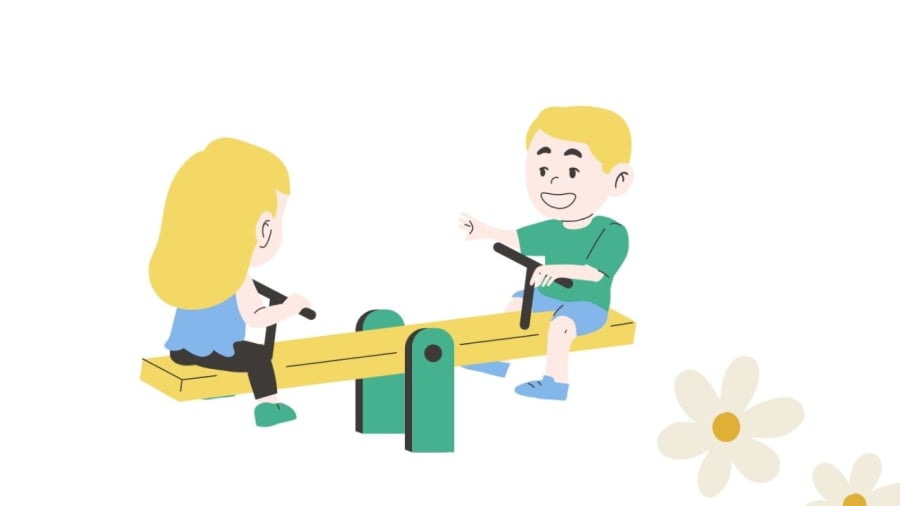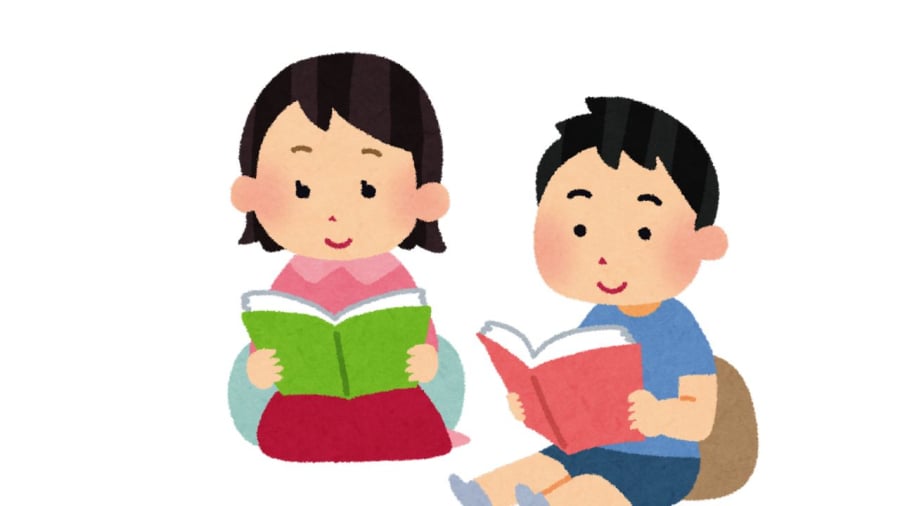The Power of Play
While many parents prioritize academic excellence, playtime is just as crucial for a child’s development. Play allows children to release energy and learn essential skills, enhancing their observation and motor abilities. Younger children, in particular, require ample playtime, yet some parents push them to study excessively, fearing they will fall behind their peers.
Play is far from futile; it is an opportunity for children to hone their skills and release stress, resulting in improved behavior and academic performance. Unfortunately, many children are confined to their desks, with little time for relaxation and play.

Play helps children release positive energy
Dedicated playtime enables children to subsequently study more efficiently and with better concentration. It also promotes physical activity, enhances their observation of the real world, and refines their motor skills. Through play, children gain valuable experiences, broaden their understanding of the world, and develop coordination and communication skills.
Additionally, play reduces stress and minimizes tantrums by providing a much-needed outlet for children to unwind and relax.
Hobbies: Nurturing Interests, Big or Small
Parents often associate their child’s future success with grandiose interests. However, seemingly insignificant hobbies, such as tearing paper, doodling, or collecting superhero cards, also contribute to a child’s development. It is essential to respect and encourage your child’s interests, regardless of their apparent scale.
Hobbies, as long as they are morally sound and not bizarre, hold value and significance. They teach children to focus, set goals, and develop a positive mindset. When children immerse themselves in their hobbies, they experience genuine happiness and cultivate patience. Every child is unique, so refrain from comparing your child to others or forcing them to conform to societal expectations.
By respecting your child’s seemingly mundane interests, you teach them about respect and love. Allow your child to explore their hobbies and develop at their own pace, without pressure to be exceptionally brilliant in every aspect.

Entertainment books also help children relax and gain positive energy
The Benefits of Reading for Pleasure
If your child enjoys reading entertainment books that are not harmful, there is no reason to stop them. Reading for pleasure helps children release stress and satisfy their interests and intrinsic needs. Over time, they will naturally develop an interest in a diverse range of books, including those that adults consider “good reads.”
Entertainment books can serve as a gateway to a love of reading. As a parent, simply ensure that the content is age-appropriate and that your child maintains a healthy balance between reading and other activities.
Experiencing Life: Overcoming Parental Fears
Some parents are hesitant to allow their children to embark on new experiences due to concerns about potential hardships, illnesses, or accidents. However, these experiences are invaluable for a child’s growth. For instance, a child who wants to help in the kitchen may be shooed away by parents who view it as an inconvenience. Some may even believe that their child’s sole responsibility is to study and that there is no need to involve them in household chores.
By encouraging your child to participate in daily tasks, such as cooking, you not only benefit your child but also foster a sense of family unity. Overprotective parenting can hinder a child’s development of self-reliance and confidence. It can also lead to an excessive focus on academic performance, causing children to lose sight of what truly brings them happiness and a sense of fulfillment.
Therefore, it is essential to recognize the value of these activities and help your child allocate their time effectively. By balancing academic pursuits with play, hobbies, and real-life experiences, your child will develop a healthier and more well-rounded perspective, free from the constant pressure of studying.
Mothers’ Need for Awareness of Dual Activity of Breastfeeding and Watching TV
In the contemporary world, in which technology pervades our lives, some mothers tend to soothe their babies through nursing while simultaneously watching television. Although this practice may not appear to affect the infant, studies show that it can in fact have dire repercussions on the baby’s well-being, both in terms of physical health and mental growth. In this article, we will look at the possible reasons for this activity and its potential outcomes.





































